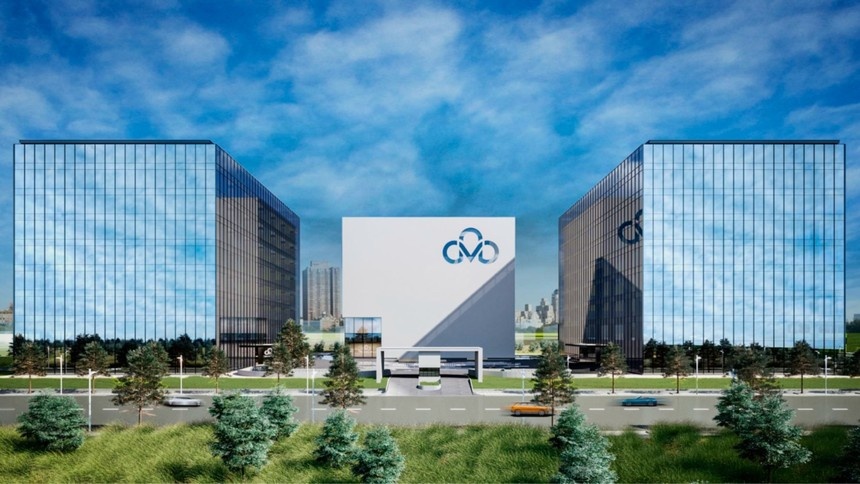 |
The working group comprises 19 members, led by Lam Dinh Thang, director of the Department of Science and Technology. The group is tasked to evaluate the capability and experience of foreign investors, while also clarifying investor proposals and specific objectives of all parties involved in project implementation.
Regarding technologies used in the data centres, Ho Chi Minh City People’s Committee assigned the working group to review the list of proposed technology transfers. It will also assess the relationship between the data centre initiatives and domestic data centre systems, especially the National Data Centre.
In addition, the entity will review legal regulations to propose specific solutions to obstacles. This is coupled with preparations for venture implementation such as location, land, personnel, and infrastructure. Special attention should be paid to the stable supply of clean energy for the data centres.
Furthermore, investors will receive support to ensure data centre ventures that are practical, efficient, and compliant with regulations. Not only will it remove obstacles, but the working group will also accelerate the progress and report to Ho Chi Minh City People’s Committee to consider and resolve issues beyond its authority.
Numerous foreign investors have submitted proposals to invest in hyperscale data centres in Ho Chi Minh City. G42 Group from the United Arab Emirates is planning to invest nearly $2 billion in an AI super data centre in the city. Meanwhile, Kinh Bac City Development Holding Corporation, in collaboration with Accelerated Infrastructure Capital and VietinBank, will jointly develop a 200MW AI data centre worth $2 billion in Tan Phu Trung Industrial Park, in former Cu Chi district.
According to the Data Centre in Vietnam report by CBRE Vietnam, Vietnam's total operational capacity is poised for massive expansion, at a projected 5.6-fold increase from the current 104MW starting in 2030.
A core competitive strength is the country's unparalleled absolute cost advantage in construction, with development prices averaging approximately $7.0 million/MW, nearly 50 per cent lower than established tier-1 markets like Tokyo or Singapore.
"While this significant structural cost difference presents a compelling investment case, successful market entry requires strategic engagement to navigate key structural hurdles, namely complex licensing procedures and the risk of power supply shortages," CBRE Vietnam noted.


















































